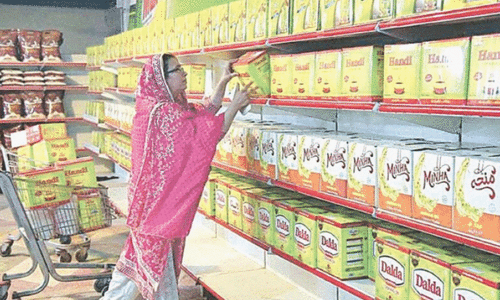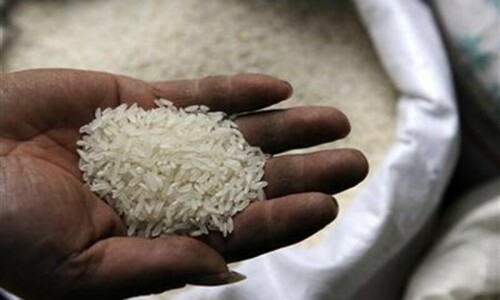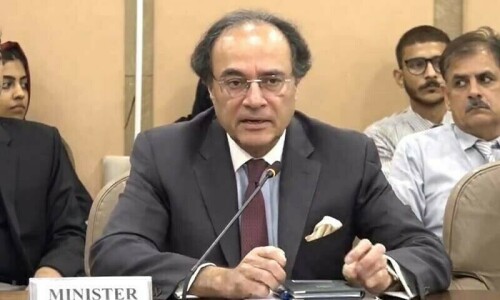The global economic downturn and domestic political uncertainty may continue to weigh on Thailand’s growth in 2009, with the World Bank predicting the country’s economy to expand by just two per cent next year -- the lowest rate since 1998. The bank has also revised its forecast on Thailand’s growth in 2008 to 3.9 per cent - down from five per cent it projected in April. The earlier forecast was before Lehman Brothers collapsed in September, before the street protests and the recent shutdown of Bangkok airports which had a significant impact on investor confidence and tourism.
For two years, Thailand has banked on double-digit export growth to drive the economy, compensating for sluggish domestic consumption and private investment. Threatened global recession means that such growth may not continue next year, and the bank expects overall world trade to decline in 2009 for the first time since 1982. The impact of the global meltdown on Thailand’s real sector will be severe. The World Bank sees Thai exports growing by only eight per cent next year, compared with 19.5 per cent growth in 2008 and 17 per cent in 2007, with consumption and investment expected to continue falling. However, Thailand’s banking sector has been less impacted by what the World Bank calls “the U.S.-born global crisis”. Since 1997, Thailand has taken significant steps to limit its exposure to external shocks. Thai regulators also implemented reforms in the financial sector and strengthened financial institutions, with the country’s banking sector now stable despite the global crisis. In addition, Thailand has high foreign reserves and a low debt burden, helping to reduce vulnerability to external financial shocks, with room to adjust to the changing global environment.
The World Bank recommends that Thailand invest in public infrastructure to attract investment and reduce logistics costs; in training workers with skills needed by industry; and in research and development to increase the value of Thai products. Government should continue improving regional trade integration and modernising business to reduce the cost of doing business, encouraging businesses to expand and provide jobs. It is crucial to encourage more private investment, but investors may still be reluctant to invest.
Investors normally want to see a stable political environment and clear policy direction before they gain enough confidence to start investing again. The economic sentiment and confidence in Thailand have begun to revive after the new government has been installed and is beginning to take action, according to the central bank. Bank of Thailand (BoT) continues to gather data on various segments of the economy to assess economic conditions in the fourth quarter of this year again because economic figures are so volatile. However, according to a senior official from the Finance Ministry, the economy is expected to grow by only one per cent in 2009 due to weak local spending and declines in exports and services. Thailand’s exports and services in 2009 are projected to fall sharply, in line with economic slowdown in many of the country’s trading partners. Thailand’s inflation in 2009 is expected to fall to one per cent, thanks to a sharp decline in oil prices while the current account will sustain a deficit at 1.4 per cent of total gross domestic product (GDP). Private consumption is estimated to expand by 2.2 per cent due to the fall of household income due to the decline in farm product prices in the world market plus uncertainties in employment.
Because of the rapid global economic meltdown, Thailand’s exports and services next year are expected to retreat to 0.6 per cent while imports are projected to also fall 1.2 per cent. At the same time, the 2008 economy is now expected to grow by only three per cent, down sharply from 4.9 per cent in 2007 and 5.1 per cent projected the last time in September. The inflation analysis for 2008 has been revised and is now expected to fall to 5.6 per cent from the 6.3 per cent projected earlier while the current account is to suffer a deficit of 1.5 per cent of GDP. Thailand’s inflation rate fell to a 14-month low of 2.2 percent in November, a slide that may allow the central bank to make a bigger-than-expected cut in interest rates to help the economy cope with a global downturn.
The current economic downturn in Thailand has forced nearly three out of four entrepreneurs to suffer a cash-flow problem. The survey conducted on 400 business operators recently found that the cash flow problem resulted from declines in purchasing orders, higher production costs, financial institutions not extending loans and buyers failed to settle payments on purchase orders as they did not have collateral to submit to financial institutions. The government must extend support to them through reduced interest rates, easing the process of loan extensions, extending payment settlements, finding ways to boost exports, boosting investor and tourism confidence, and activating the domestic economy.
The Thai economy is likely to face the threat of a twin deficit in 2009 as slowing exports push the current account into deficit while the fiscal deficit, already projected at 249 billion baht, could rise further as the new government looks to boost spending. Tourism industry is bracing for a tough time in 2009 as the number of tourist arrivals is expected to drop 10 percent if the domestic political conflicts continue even as travelers worldwide are tightening their belts amid the global economic slowdown. About 10,000 workers in the textile and garment industry lost their jobs due to closure of 100 factories in the first 10 months of this year.














































Dear visitor, the comments section is undergoing an overhaul and will return soon.